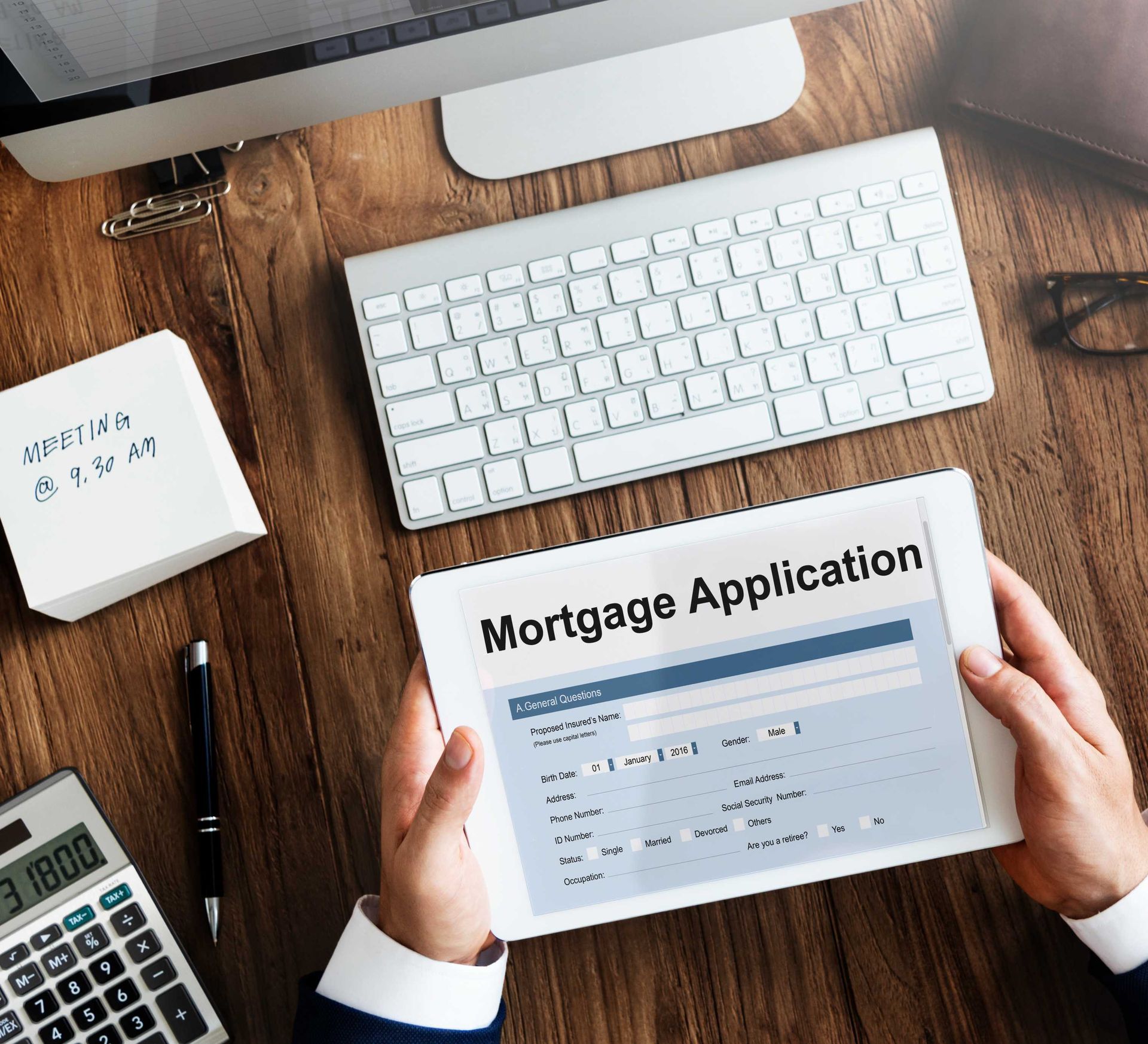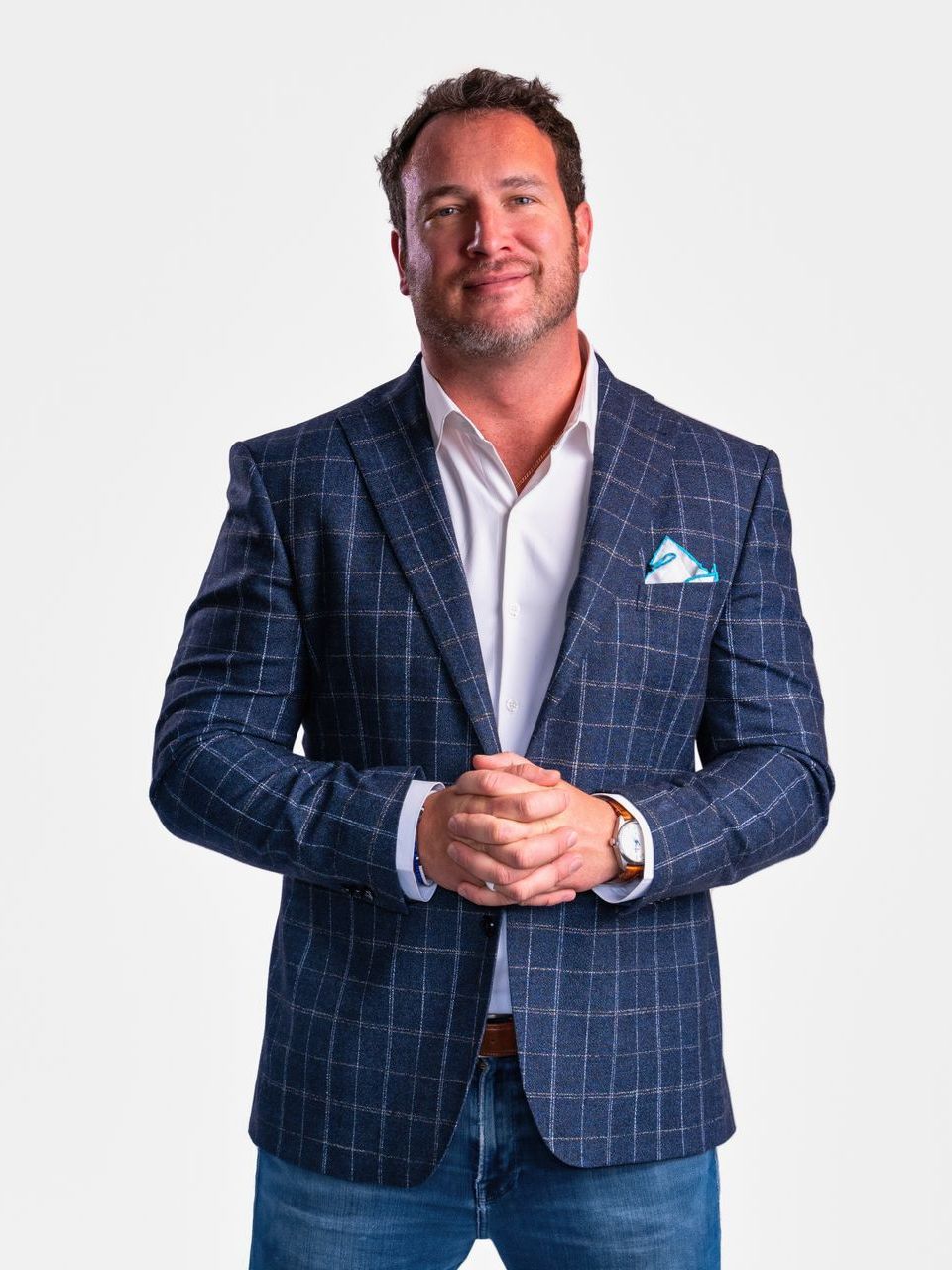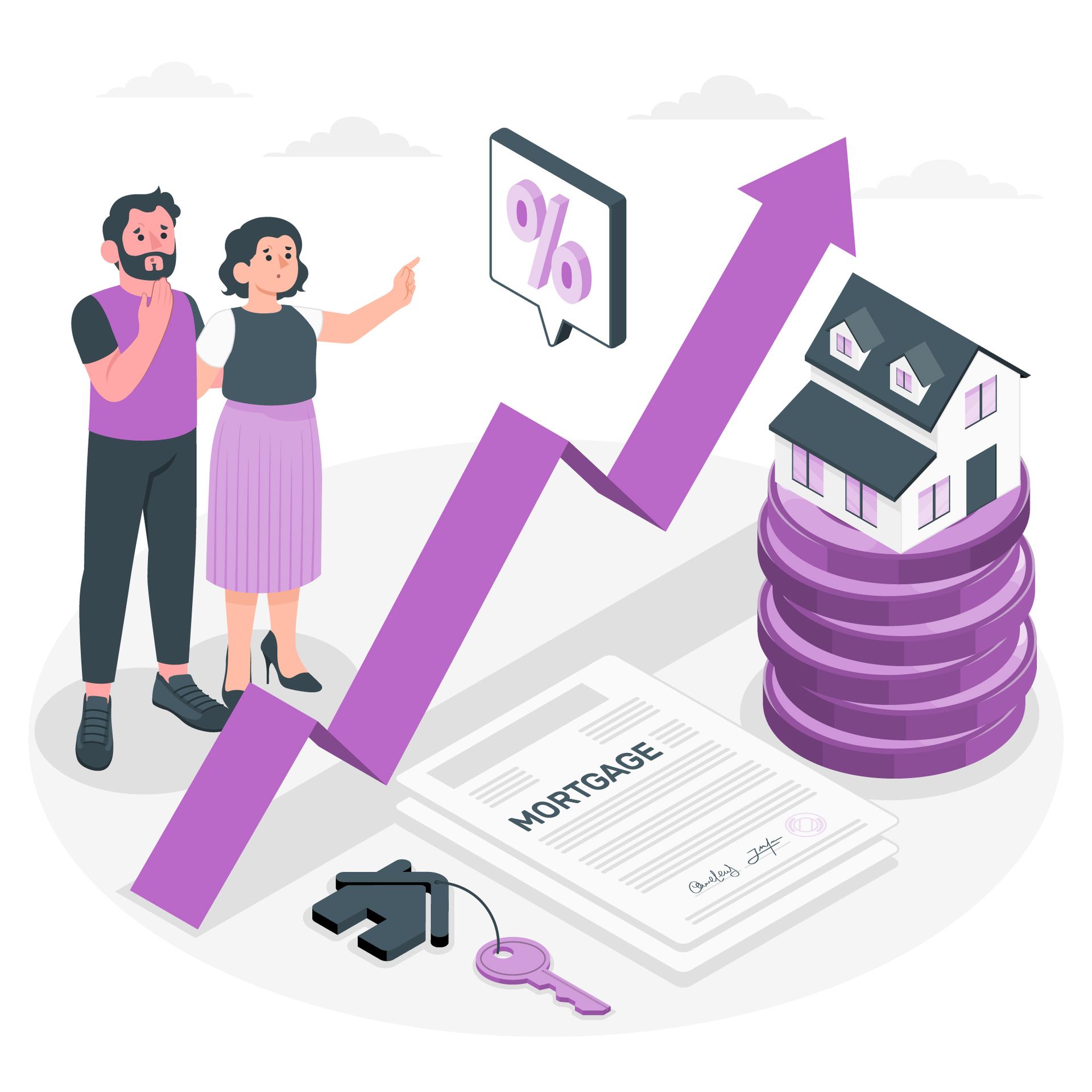What To Ask Before Buying a Home
james loewen • July 27, 2016
This week we are starting our Home Ownership series (super creative title!) brought to you by actual Loewen Group clients!
We’re all about collaboration, so over the next few weeks, we’ll be partnering with Tolga & Lindsey to discuss and get a buyers perspective all things to do with buying a home. We’re really excited to launch this series and here’s the 1st guest blog post, enjoy and more to come!
Before we get started, lets introduce James;
James Loewen is a Mortgage Broker and Owner of Loewen Group for over 10 years in Burlington. He has become Canada’s best and highest rated Mortgage Brokerage by taking the time to understand clients’ needs and provide solutions. Their goal is to provide the knowledge, expertise and support to help their clients make the best decision for their unique needs. They work with you, for you! (Like they did for us)
Between the three of us, we’re hoping to give you enough information that you can feel confident about buying your first home, understanding the finances of home ownership and everything in-between!
Before we get into the finances, let’s start with some basics. Jumping into home ownership is a big adult commitment and you need to be prepared. Whether you’re going in this solo or with a partner, there are some questions you need to think about:
Where do you want to live? Are you a city dweller, a suburbanite or a country gal/guy at heart?
What is your budget?
Have you started the pre-approval process of getting a mortgage?
What type of a home are you looking for? A condo/apartment/townhome/semi-detached/detached home?
How long are you willing to commute to work?
Do you have kids or pets/plan on having either?
What amenities do you want to live by?
Are you looking for a starter home or a “forever home”?
How much of your income should you spend on your mortgage?
Let’s back up a little bit and break this down further. You may be wondering, “How much should I budget for a mortgage?” and “what information do I/we need to be pre-approved for a mortgage?” James is here to help answer some of these questions and more!
How does one figure out their budget for a mortgage?
We use a simple (yet effective) mathematical calculation called “TDS” (Total Debts Servicing) to help determine what budget should be spent on home ownership. The ratio set forth by the Canadian government is 44%. This means, of your total gross (before tax) income, 44% of this is the maximum allowed for mortgage payment, property taxes, heating costs and condo fees, along with any remaining debts outside the mortgage (such as car loans, credit cards, lines of credit etc). We complete this budget together, review the figure and actually prefer to be a little more conservative and advise to set 40% as your max. What’s life if you can’t afford a steak and beer every once in a while!
How do I know if I am even financially ready for a mortgage?
A good test is to take a look at your existing finances. Ask yourself: am I balancing my present budget, paying my rent on time, paying my bills and setting aside savings for a down payment? Usually, owning a home costs more than renting and if you’re struggling to pay rent then you’re not ready. If you’re setting aside funds for RRSP’s and managing all debts, then its time to seek a pre-approval partner. You can see the costs of home ownership and truly test your budget on our free app as well.
How does the pre-approval process work? What information do I need to have?
Mortgage pre-approval consists of three parts:
1) Credit Review:
your “beacon” score is the summation of your credit habits and this will be reviewed. Most banks require a minimum beacon score of 650. Having a beacon score of over 680 will make your approval even easier and give you full access to all lenders in Canada. A broker can work with you if your present score isn’t high enough and provide counsel on best strategies to improve at no cost.
2) Budget Analysis:
we will need employment information, generally in the form of a letter of employment and a recent pay stub to confirm your base salary. We want to ensure you fit within the TDS guidelines and ensure you’re never “house poor”.
3) Down Payment:
homes can be purchased with as little as 5% down. As of 2016, a sliding scale has been implemented such that its 5% of the first $500K and 10% for anything above. Down payment can be comprised of RRSP’s (up to $25K per borrower on your first home), TFSA, savings, gifts from relatives and even borrowed from lines of credit.
How do I apply for a pre-approval? Its really quite simple – let us show you!
Do I need to have a full-time permanent job to apply for a mortgage? What happens if I am on contract/self-employed?
If you are hourly, then we’ll use your guaranteed minimum hours. If you work over time, have commissions, bonus, self-employed or any other “variant income”, we’ll use a two year average of income, so ensure to have your last two years Notices of Assessment or T4’s.
What is wrong with renting? Why is everyone obsessed with buying a home?
Let’s be clear, there’s nothing “wrong” with renting. It can be the right solution for many based on budget, uncertainty or many other reasons. Unless you’re buying a home with a rental suite or willing to rent out a room of your house, the vast majority of the time, owning a home will cost more than renting. Having said this, every penny of rent is “gone” with no return to yourself. This is where I think many come to state you “should” own a home comes from. Here are some reasons to buy a home:
1) Paying down principal:
if you’re paying a $1500 mortgage payment, generally 50% of this will be repaying the principal of your mortgage. It is essentially forced savings and you’re now “paying yourself” instead of rent paying your land lord.
2) Appreciation
: I’m seeing some staggering numbers. In Toronto, the average home is appreciating at $550 A DAY! That’s more than the average household income earns combined, not to mention on your primary home, this is also TAX FREE (outside of TFSA, this is the only tax-free opportunity to earn in Canada). Outside the GTA, we’re also seeing double digit appreciation even in the first four months of 2016. Making $100, or $200K even $300K in three years is not an uncommon, and I think we all know how many years (if not a lifetime) it would take to save $300K of after tax dollars.
3)Pride of Ownership
: simply enjoying the fact you get to call it your own, it’s that simple.
We know this is a lot of information to process. However, a lot of people don’t fully recognize the financial commitment they make when buying a home. Next week, we will be looking at x, y and z’s of mortgages, down payments and confusing home ownership terminology.
– Lindsey & Tolga,

Top Factors to Consider When Choosing a Mortgage Broker in Canada In Canada, buying a house can be exciting yet daunting, especially when thinking of the best mortgage to choose. One of the best ways to make this process easier is by engaging an experienced mortgage broker in Canada. These are professionals who work by connecting you to lenders so that you can find the best loan option available for you. Their vast knowledge of the mortgage sector enables them to help you get the best offers possible. But how do you go about choosing the right mortgage broker from the many available? Factors to Consider When Choosing Mortgage Brokers: Looking to choose mortgage broker? Here are the factors to consider: 1. Experience and Expertise In terms of mortgage broker factors , choosing a mortgage broker, the first important aspect to examine is their experience. This is because the Canadian mortgage sector is quite multifaceted with many laws, rules, and lender union characteristics. An experienced broker is likely well versed in these intricacies and will provide such advice depending on individual financial capabilities. Ask for how long they have been in the business and how many clients they have successfully assisted. Also, a seasoned mortgage loan officer usually has established relationships with many lenders, which in turn will offer better options for you. Most of the time, even more useful information will be when a mortgage broker works in a particular niche. For example, first time home buyer Burlington or the local property market of Hamilton or Milton would be niches where the expertise will come in handy. Need help to choose the best mortgage broker in Canada? Contact us at Loewen Group to get mortgage broker tips and services. Call (289) 337-4029 or start here . 2. Range of Lenders and Products An adept mortgage brokerage firm must have access to several lenders as well as different mortgage options. It is because mortgage broker in Hamilton are on good terms not only with banks and credit unions but also with private lending firms, so they will definitely help in finding the most suitable loan according to the client’s needs as well as their financial capabilities. Also, it is more likely that favorable terms for the loan and adequate interest rates are available when a broker has contacts with several lenders instead of one or two. Ask the broker what type of lenders they work with. Brokers with a larger network tend to be able to provide more options than those who are limited to a few lenders. Be sure also to ask if they have such product capabilities or that they have worked with certain types of lenders. 3. Reputation and Reviews Research and analyze the feedback on the best mortgage broker in Canada. Look for online appraisals on Google, social networks, and other further sites, as well as testimonies of their previous clients. An ideal mortgage broker will always have great reviews from clients who appreciate the broker’s skill and results. If family members, friends, or coworkers have ever used the services of a specific broker and were pleased with the outcome, do not hesitate to request contacts. It is more likely that a trustworthy and reputable mortgage broker in Hamilton, Milton, or Burlington will provide great service and navigate you through the mortgage process seamlessly. 4. Knowledge of Government Programs and Incentives Canada has many programs designed to help young starters, in particular first-time homebuyers. A good broker would know these plans and help you make use of those available to you. For instance, should you be purchasing in Burlington, Hamilton, or Milton, they may know of local initiatives in Ontario such as the Home Buyers’ Plan HBP or even the First-Time Home Buyer Incentive. Ask the potential brokers if they are aware of the schemes and if they have helped clients to access them in the past. You can save on expenses and eschew difficulties in buying a home by engaging the services of a broker who is knowledgeable about government support programs. 5. Local Market Knowledge Market research at the local level can considerably impact one’s decision on acquiring a property. Be it Burlington, Hamilton, Milton, or any other area, a mortgage broker Milton with extensive experience in the given region will be aware of the community features, range of the properties, and prevailing tendencies that affect the mortgage or home buying schedule. He or she probably has turned into contacts with banks, appraisers, and real estate agents, thus further shortening the time frame. Conclusion A crucial first step in the home-buying process is selecting the appropriate mortgage broker Burlington . You may discover a broker who meets your demands and will strive to get you the best mortgage by taking into account elements like experience, reputation, variety of lenders, customer service, and local knowledge. Taking the time to do your homework and make an informed decision can make all the difference, whether you're a first-time purchaser in Burlington, searching for the finest mortgage broker tips, or considering your alternatives in Milton. A knowledgeable, experienced broker will help you comprehend your alternatives, walk you through the mortgage process, and make sure your mortgage fits your long-term financial objectives.



